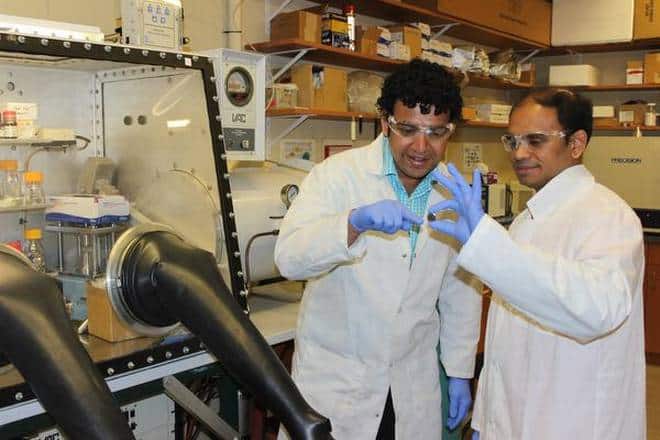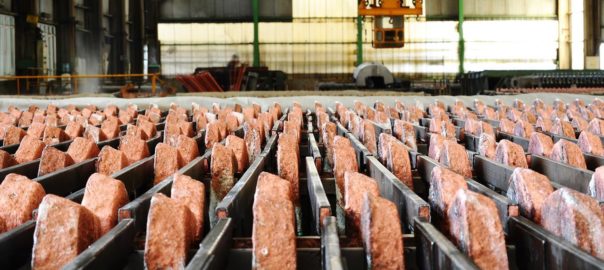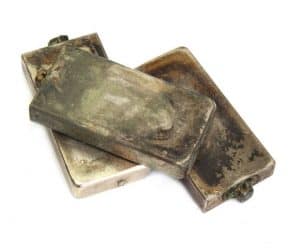
HOUSTON — A clean, reliable power supply is critical for offshore oil and gas assets. Siemens is now applying its electrification experience in the marine industry to offshore oil and gas, with a focus on reducing emissions and risk in unforgiving operational environments.
The company’s advanced lithium-ion battery based solution, known as BlueVault, is suited for both all-electric and hybrid energy-storage applications. The energy storage solution is designed to help ensure continuity of power and minimize carbon dioxide emissions, with an end goal of a low-emissions platform. The battery is designed to maximize life, performance and safety.
Since 2013, Siemens has been supplying the marine industry with an innovative diesel-electric propulsion (DEP) system, BlueDrive Plus C, designed to reduce greenhouse gas emissions, fuel consumption and maintenance costs when compared to traditional diesel-electric propulsion systems.
The company has a track record of developing cost- and emission-reducing solutions for marine applications. In 2015, Siemens jointly developed the world’s first electric car ferry, Ampere, with Fjellstrand shipyard and ship-owner, Norled.
Today, the Ampere ferry’s zero-emission propulsion solution has no direct or indirect emissions, because the batteries are recharged using hydro-electric power. The all electric ferry weighs approximately half that of a regular car ferry due to the aluminum hull, and uses only 150 kWh of renewable energy/crossing which eliminates emissions and reduces fuel costs by 60%.
Pursuant to its research and development efforts and experience with harsh offshore operating environments, the company will open a fully robotized and digitalized plant in Norway that will develop and manufacture energy storage technologies for both marine and offshore oil and gas applications. The same battery storage solutions for marine and offshore environments are also applicable to offshore wind farms. In the longer term, Siemens hopes to leverage its expertise to develop a low-emissions offshore platform.
“Energy storage solutions provide a means to establish a stable, reliable electrical network by buffering inter-mittency and providing clean, dispatch-able power,” said Terje Krogh, CEO of Siemens Offshore Solutions. “The Ampere ferry, which is entirely emission-free, serves as an example of how an energy storage system could also be successfully applied in an oil and gas environment.”
Siemens has signed several contracts for its new energy storage system and expects to deliver the first one this summer.





